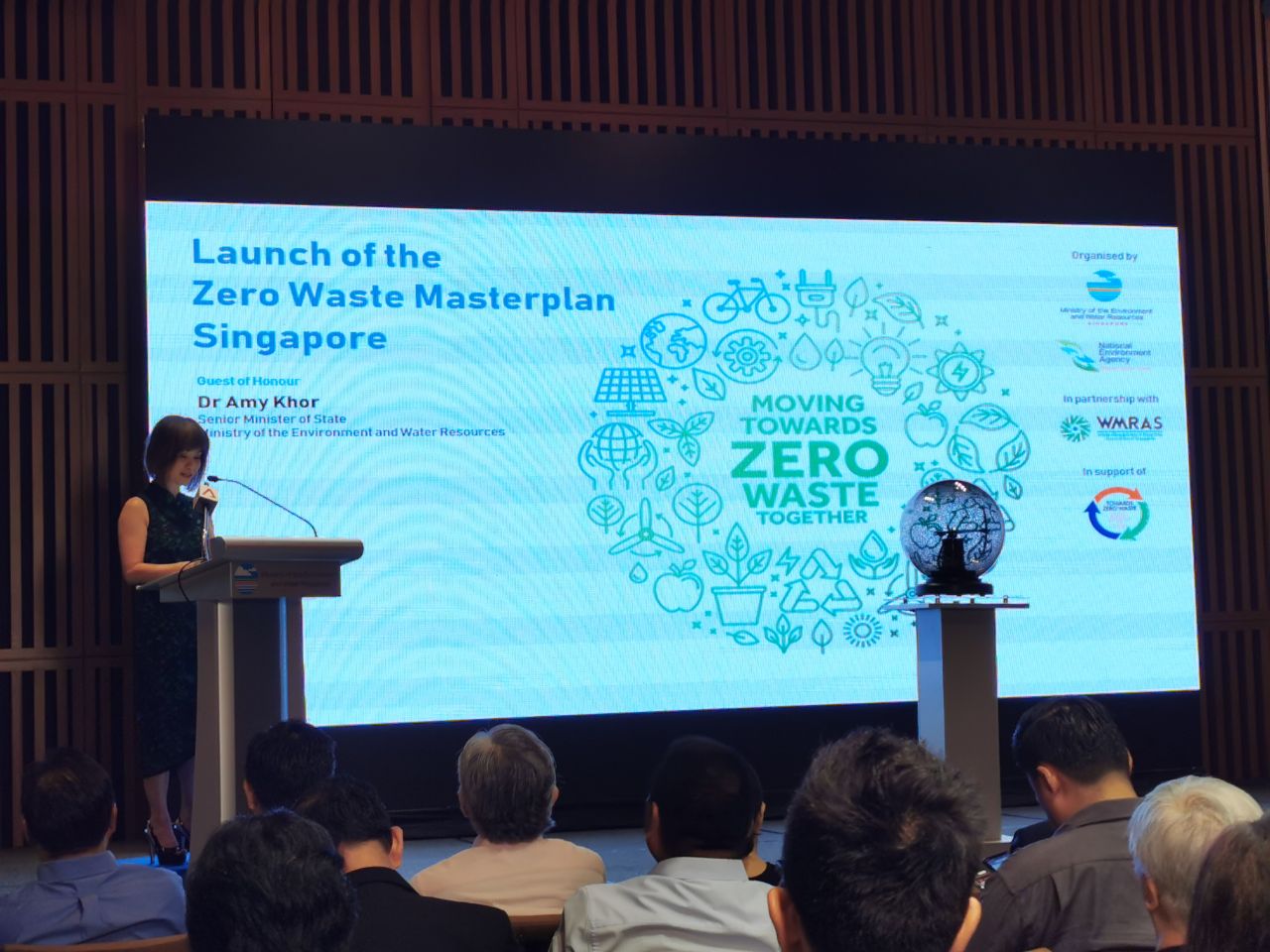On Friday, Aug. 30, the Ministry of Environment and Water Resources launched its first Zero Waste Masterplan, unveiling the ministry’s biggest steps yet in a bid to protect the environment and cut down on waste production in Singapore.
And one of the first of these is what Senior Minister of State for the Environment and Water Resources Amy Khor describes as a “landmark piece of legislation” — what will be called the Resource Sustainability Bill (and if passed, the Resource Sustainability Act).
It will go into its second reading and debate in Parliament at its Monday, September 2 sitting, and is likely to pass into law on the same day.
It's also meaningful because it will be a brand-new Act, instead of amendments to existing ones, to redefine waste as a resource.
Pushing environmental responsibility up to businesses
The Bill will extend the current regulatory framework upstream, compelling producers to take into account the environmental impact that they create.
The framework will focus on reducing three types of waste, namely electrical and electronic waste (e-waste), packaging waste and food waste.
Large electrical and electronic equipment (EEE) retailers with sale area above 300m2 have to provide in-store collection point.
Retailers of covered consumer EEE products will also have to provide free pick-up services upon delivery of new products.
To reduce food waste, food waste segregation and treatment will be made mandatory for large commercial and industrial players such as hotels.
Developers of new commercial and industrial premises that will generate large amounts of food waste have to allocate and set aside space for on-site food waste treatment systems and treat the food waste from 2021 and 2024 respectively.
Producers of goods will be urged to reduce the use of packaging too.
The framework will also finance the aggregation and recovery of useful materials from waste such as metals.
Climate change a big topic at NDR
This topic was broached in Prime Minister Lee Hsien Loong's National Day Rally speech earlier this month.
Too much waste
Part of PM Lee’s speech explained that Singapore's offshore landfill at Pulau Semakau is filling at an unsustainable rate.
The incineration of waste also contributes to the emission of carbon dioxide, which traps heat and warms the earth.
According to the latest statistics from the National Environment Agency (NEA), Singapore has produced an alarming 7.7 million tonnes of waste in 2018.
At this rate, the landfill is projected to be full by 2035.
Top photo by Zheng Zhangxin
If you like what you read, follow us on Facebook, Instagram, Twitter and Telegram to get the latest updates.
